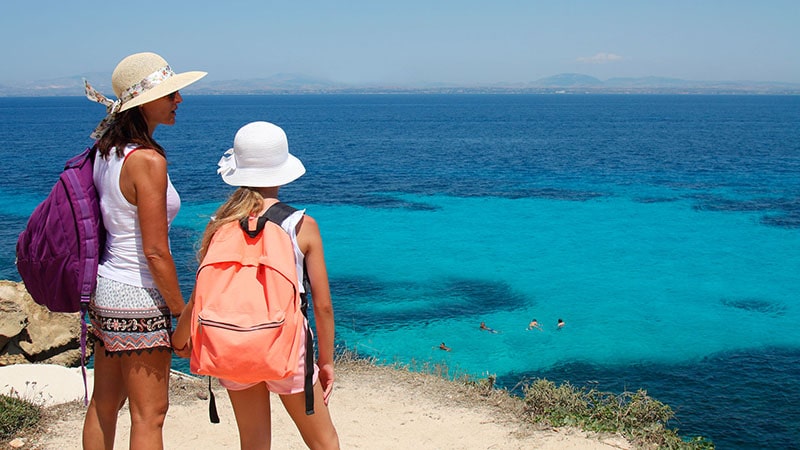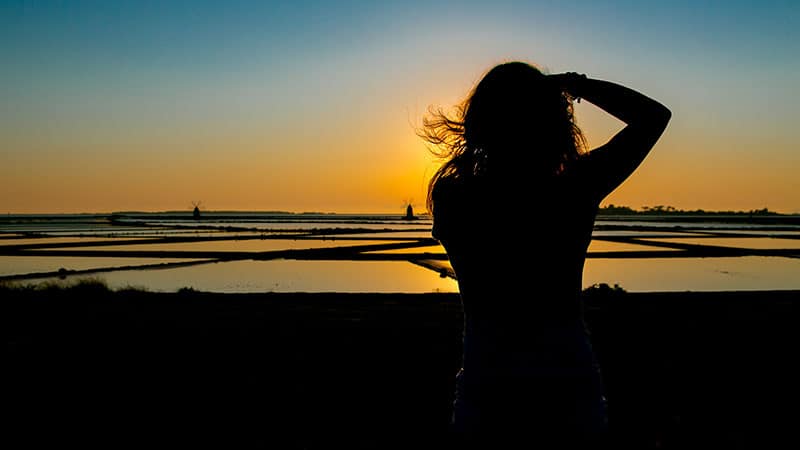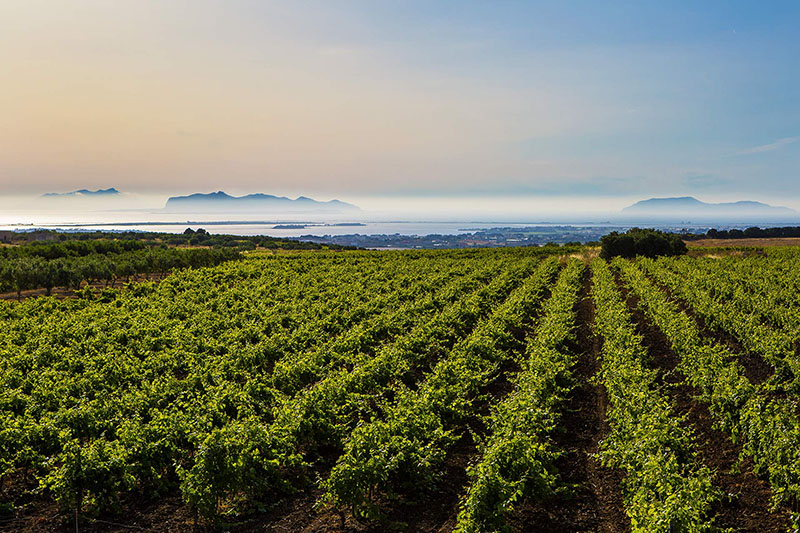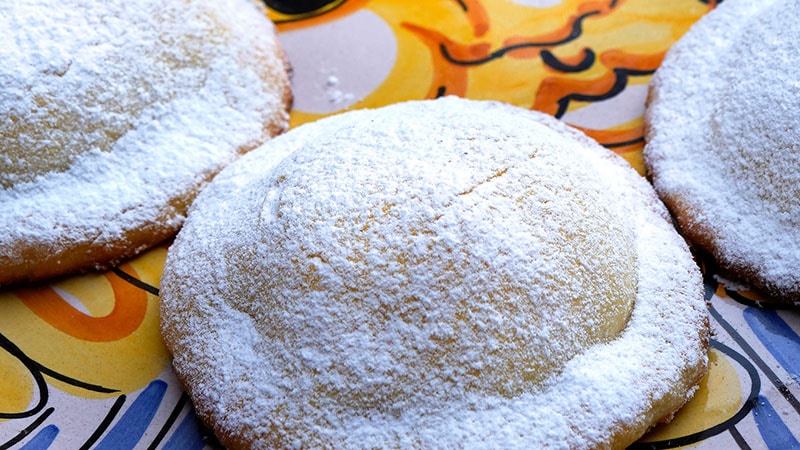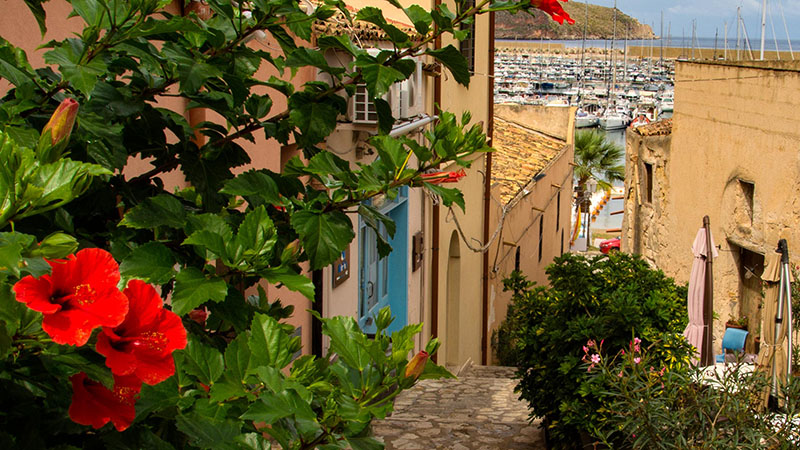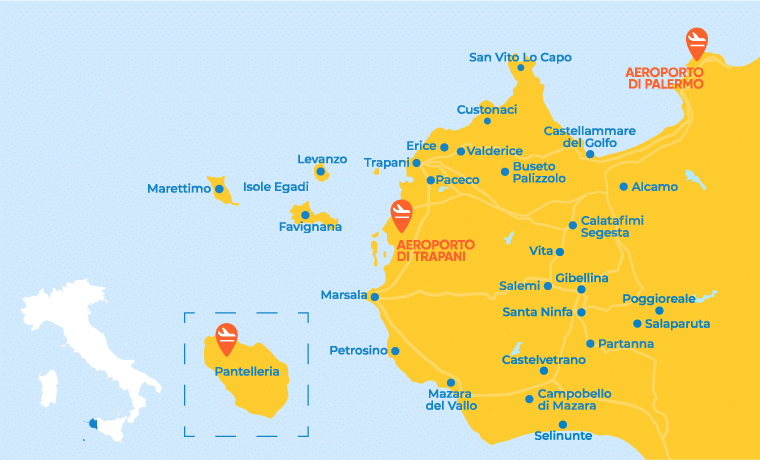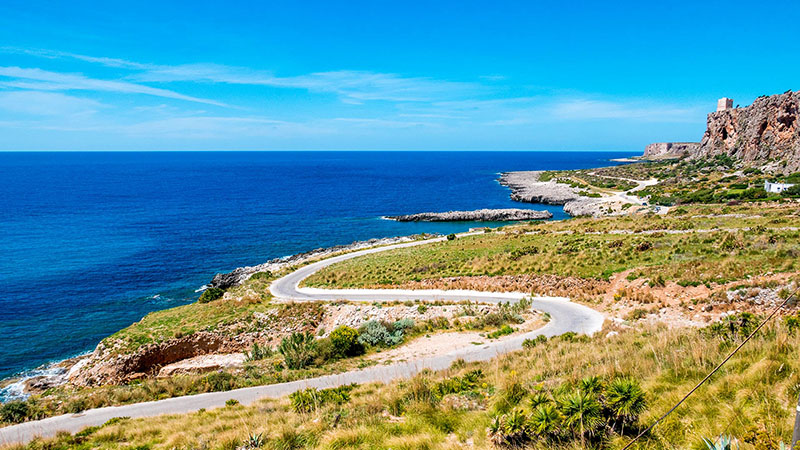The Lions of Sicily: following the trails of the Florios
The Lions of Sicily, the historical novel dedicated to the Florio family, has quickly become a literary phenomenon. With over 700,000 copies sold, the book written by Trapani author Stefania Auci is currently being translated into 31 countries and will soon become a TV series produced by RAI Fiction and directed by Paolo Genovese.
After all, the Florio saga has not only immersed us in the exciting tale of the dynasty of entrepreneurs who were the protagonists of the Sicilian Belle Époque. Through the eyes of real-life characters, we have also been able to relive the history of Italy, the climate of socio-political change and economic and industrial development of the 19th century.
During a holiday in Western Sicily, a tour in the footsteps of this glorious family is almost a must. The Florios gave a great economic and cultural boost to this part of the island and there is no shortage of evidence in the area around Trapani!
Favignana
Ignazio Florio was responsible for the architectural transformation of Favignana. It was him who commissioned the famous architect Damiani Almeyda the construction of Palazzo Florio, the Stabilimento Florio and the Camparìa (the buildings where the tools used for the mattanza – tuna fishing – were made and stored), buildings that transformed the entire harbour arch.
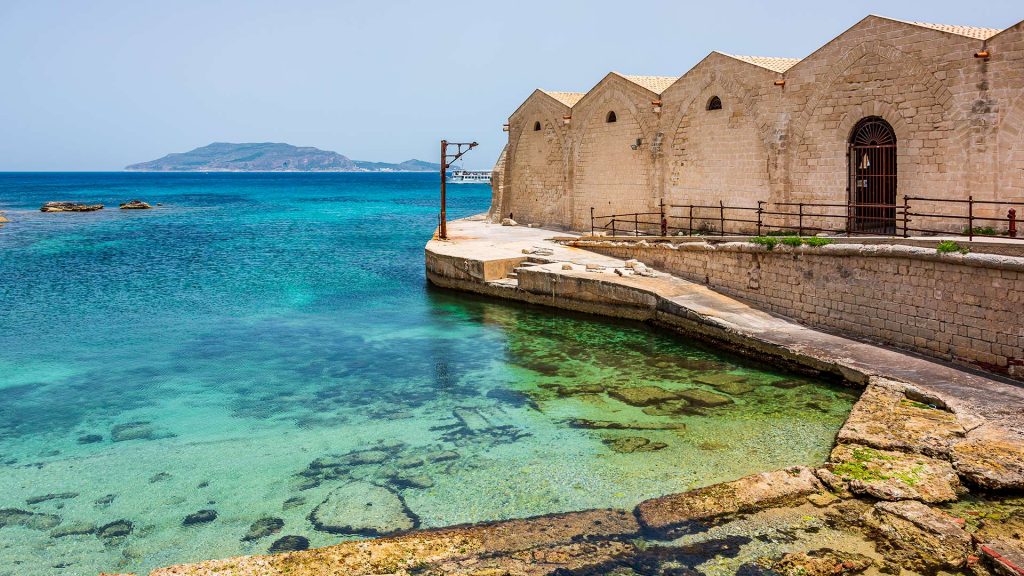
Ex-Florio factory of the Tonnara of Favignana
The Tonnara of Favignana (now a multi-purpose museum), is a precious vestige of 19th century industrial archaeology. It was the forefather of the family, Vincenzo Florio, who invented a new steaming process to preserve canned tuna: an innovation that revolutionised the fishing industry.
Palazzo Florio
It is the first place to catch your eye once you arrive in Favignana: a neo-Gothic masterpiece marked by Art Nouveau furnishings. It was the residence of the Florio family on the island, who never missed any opportunity to welcome eminent guests.
Marsala wine
One of the most brilliant intuitions of the Florios. It was them, in fact, who strongly believed in the production of Marsala wine, building the eponymous factory and helping to make it famous all over the world. In 1969, Marsala wine was the first Italian product to be acknowledged as DOC.



